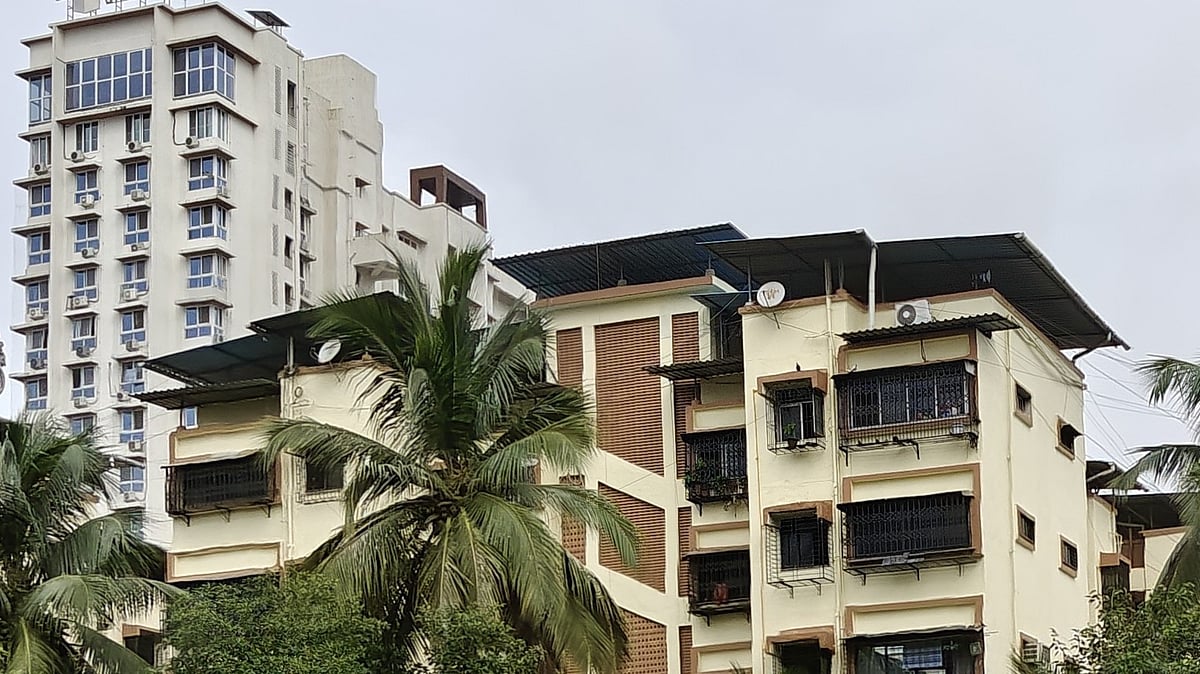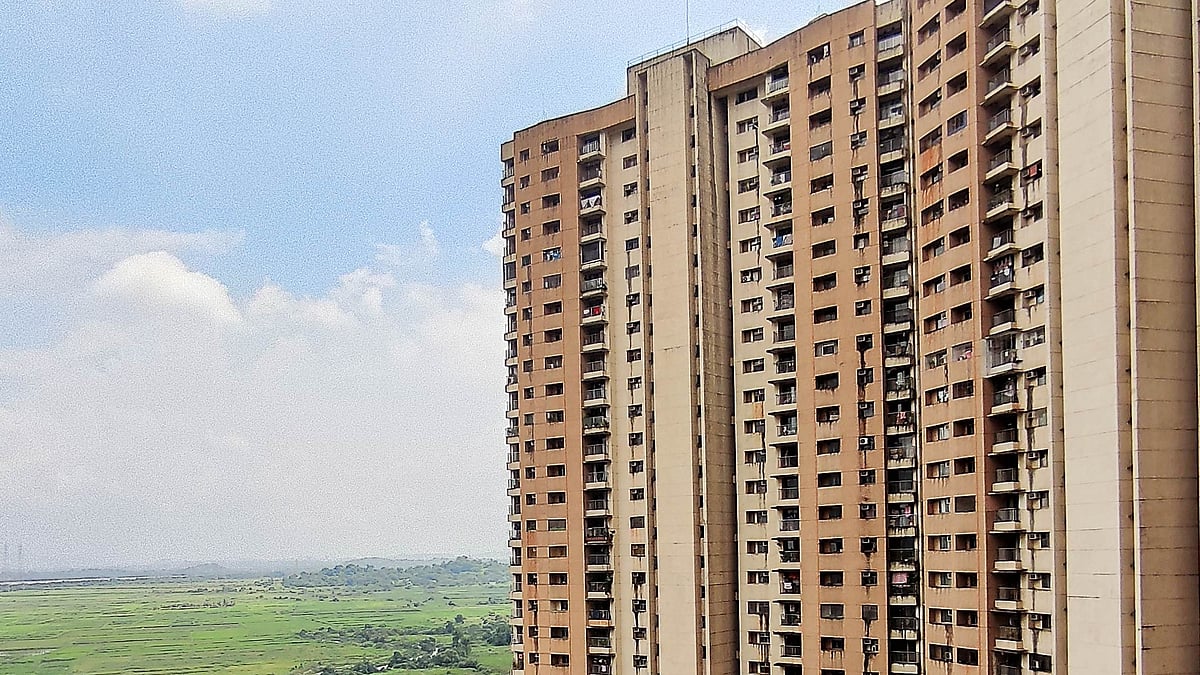For most of us, buying a home isn’t just a financial milestone—it’s an emotional and personal journey. Whether it’s your first apartment or a strategic investment, one key player can make all the difference: the intermediary helping you navigate the process. In India’s urban markets, this usually boils down to two common situations—buying a resale flat via an authorised realtor or a brand-new one through a developer’s channel partner.
While both may seem similar at a glance, the path you choose affects not just your paperwork and price, but also your peace of mind. Let’s break down the differences in a way that makes it easier for you to decide what’s right for your needs.
The Home Itself: Pre-Loved or Brand-New?
A resale flat is one that’s had a previous owner. It may have seen a few years—or even decades—of use. Some come with charming upgrades, others might need a little TLC. On the upside, what you see is what you get.
A first sale flat, on the other hand, is brand-new and often part of a modern residential project. It comes fresh from the developer’s inventory—never lived in, never leased out. For many, that “first key” moment holds a special appeal.
Who You’re Dealing With: Individual Seller vs Developer’s Team
In a resale deal, the realtor works on behalf of the individual owner. A good, authorised realtor will know the locality inside out, help verify legal documents, set up site visits, and even assist with society approvals and bank loans. Their job is part matchmaker, part advisor, and part fixer.
A channel partner, however, is empanelled by the developer after a vetting process. They represent the builder and are expected to follow a defined sales process. Their job is to explain the project, handle your booking, and ensure the paperwork flows as per the builder’s protocol. There’s usually more structure, less guesswork.
Money Matters: Negotiation vs Transparency
In the resale market, there’s typically room to negotiate. You might land a great deal if the seller is in a hurry or the flat needs minor repairs. Some units even come semi-furnished, saving you time and money post-purchase.
With a first sale flat, pricing is more regulated. Channel partners follow the builder’s rate card, and while offers do exist, they’re often pre-approved and limited. The benefit? Clearer pricing, less haggling, and fewer surprises.
The Paper Trail: One Size Doesn’t Fit All
Buying resale means doing your homework—checking property title, ensuring society dues are cleared, verifying past ownership, and getting NOCs. A trustworthy realtor will guide you through this maze and help avoid legal pitfalls.
When buying from a developer, much of the paperwork is already standardised—RERA registrations, approved plans, payment schedules, etc. It reduces the mental load, especially for first-time buyers.
When Can You Move In?
Resale flats are often ready-to-move. Ideal if you’re on a tight timeline, moving cities, or just can’t wait to settle in. Once the paperwork is in place, possession is quick.
First sale flats—especially if under construction—may require patience. You’ll likely get a brand-new home, but with a wait that depends on the builder’s delivery schedule.
After the Sale: Who’s Still Around?
Many channel partners stay involved post-sale—coordinating handovers, helping with interiors, or clarifying builder-related formalities. Most developers also offer warranties and customer service for issues that arise later.
With resale, support depends on the realtor. A good one remains your go-to person for everything from utility connections to potential tenants in the future. It’s a more personal equation.
So, Which One Should You Choose?
There’s no one-size-fits-all answer. A resale flat through a seasoned, local realtor may offer better value, quicker possession, and more flexibility. A first sale flat via a channel partner gives you the security of new construction, transparent paperwork, and the builder’s support.
The real differentiator, however, is who you work with.
Whether it’s a realtor or a channel partner, always choose a professional who is RERA-registered and operates with integrity. Even better—look for someone who’s a member of NAR India (National Association of Realtors – India).
NAR India members are part of a nationally respected network, committed to ethics, transparency, and continuous learning. They stay updated with the latest regulations, access global best practices, and uphold a strict code of conduct. That’s the kind of trust and professionalism every homebuyer deserves.
As Indian real estate continues to evolve, organisations like NAR India play a crucial role in promoting fair practices and raising the bar for consumer experience—ensuring that your dream home journey is as secure as it is special.
The writer is Vice Chairman, NAR India













